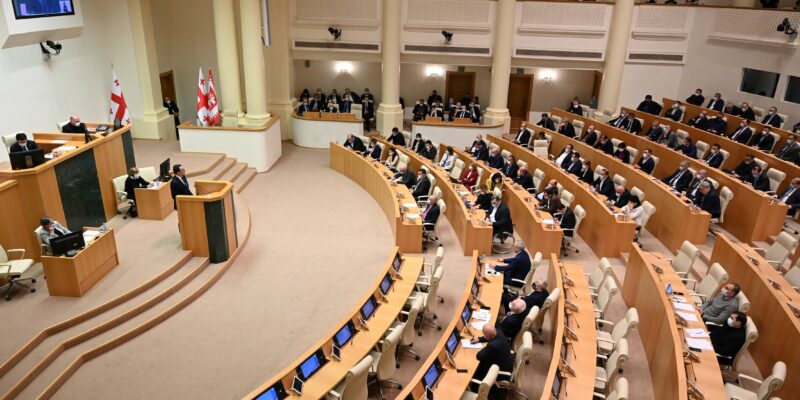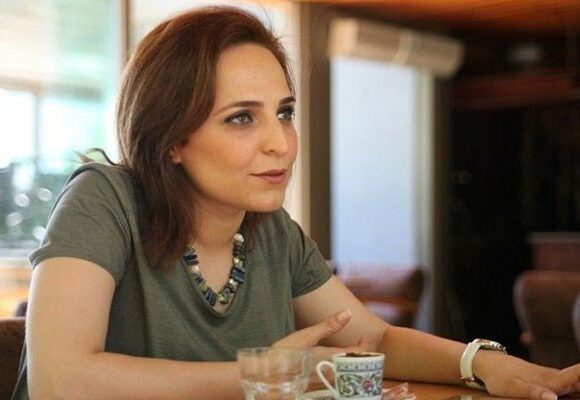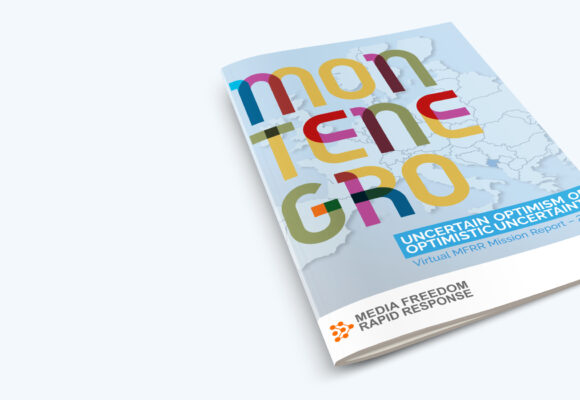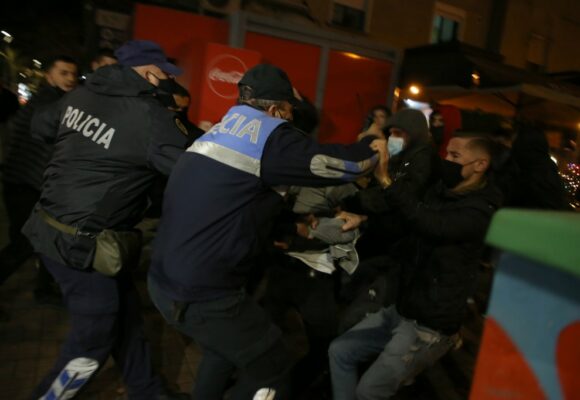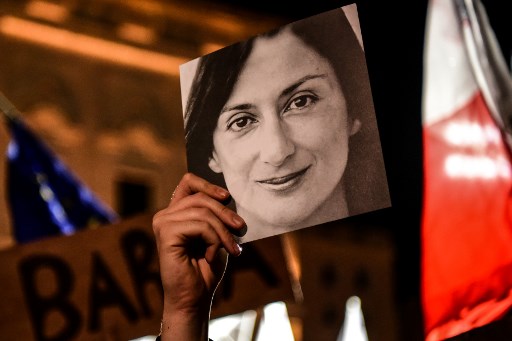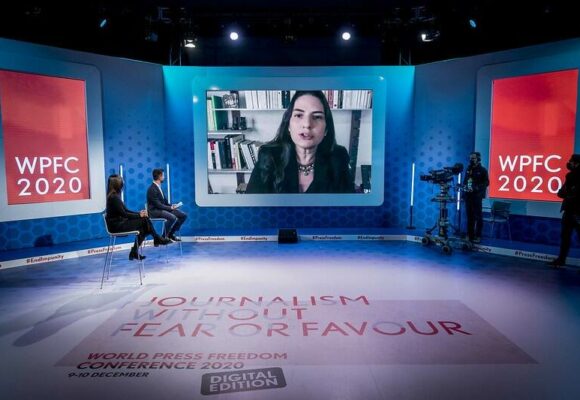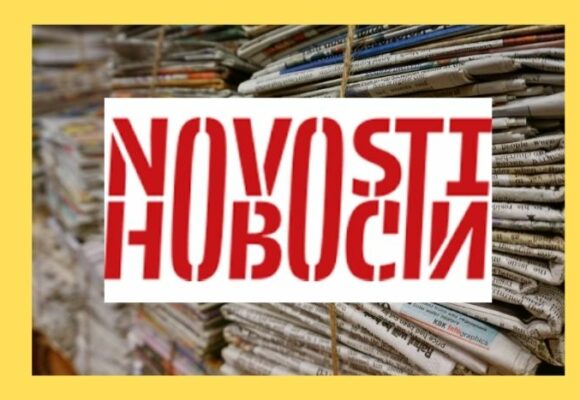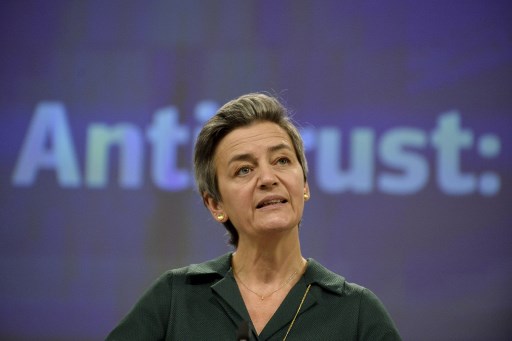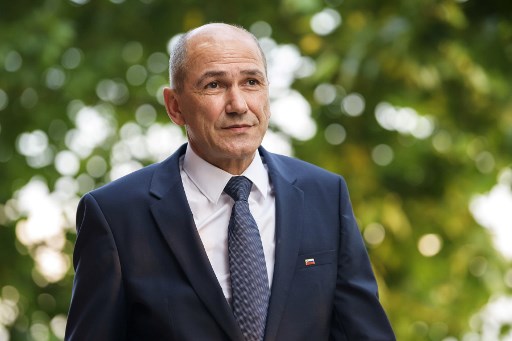Georgia: Family Values Bill imposes censorship on media
The undersigned international press freedom, journalists and human rights organizations strongly condemn Georgia’s recently adopted Family Values Bill. This legislation imposes censorship on media by banning broadcasters from freely reporting on LGBT+ issues. The Georgian government must stop its legal attacks on press freedom and freedom of expression. On 17 September, Georgia’s Parliament adopted the Family Values Bill in its third reading, with 84 MPs voting in favour. The Bill is part of a legislative package titled “On Family Values and the Protection of Minors,” which proposes amendments to 18 existing laws, including the Law on Freedom of Speech and…

